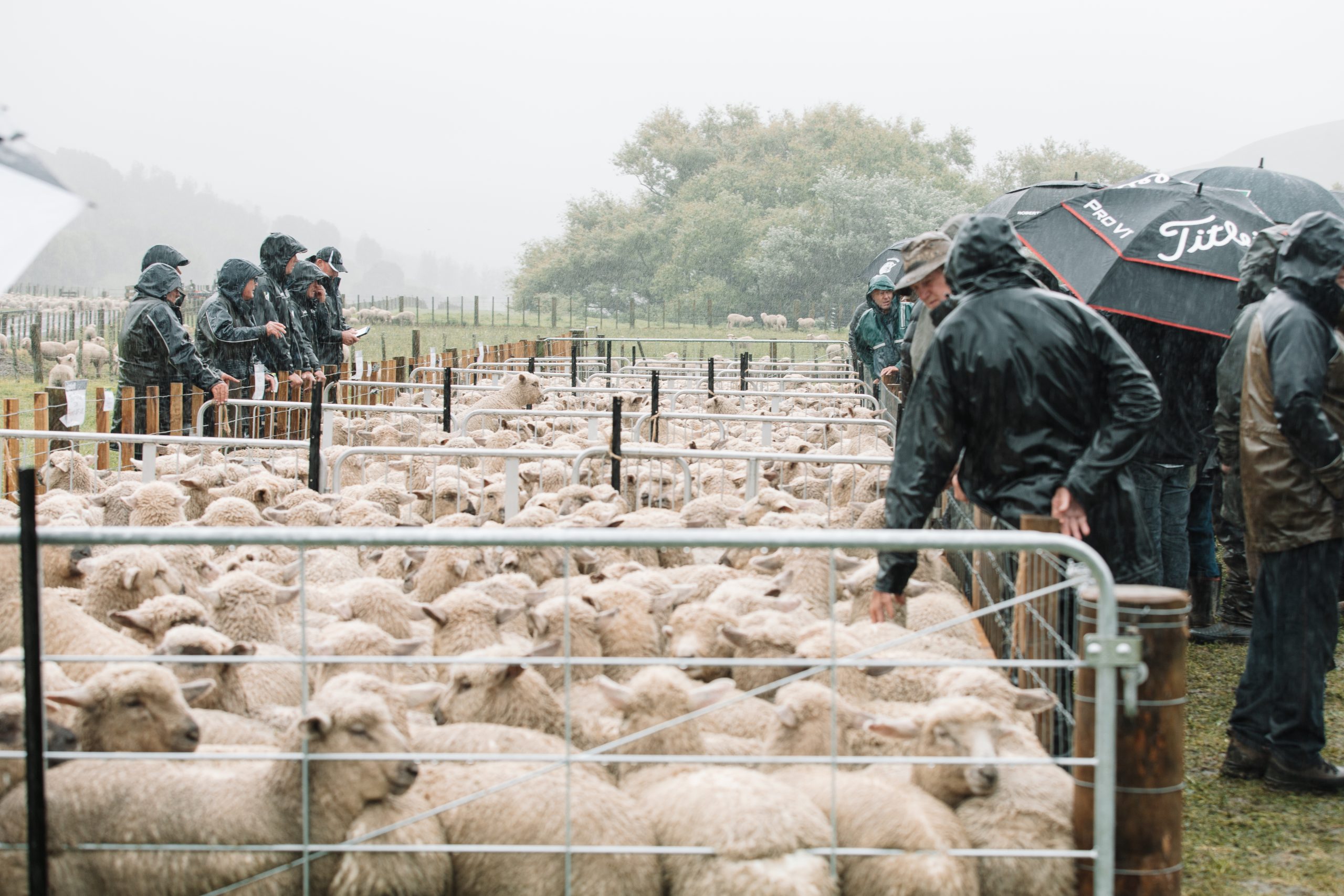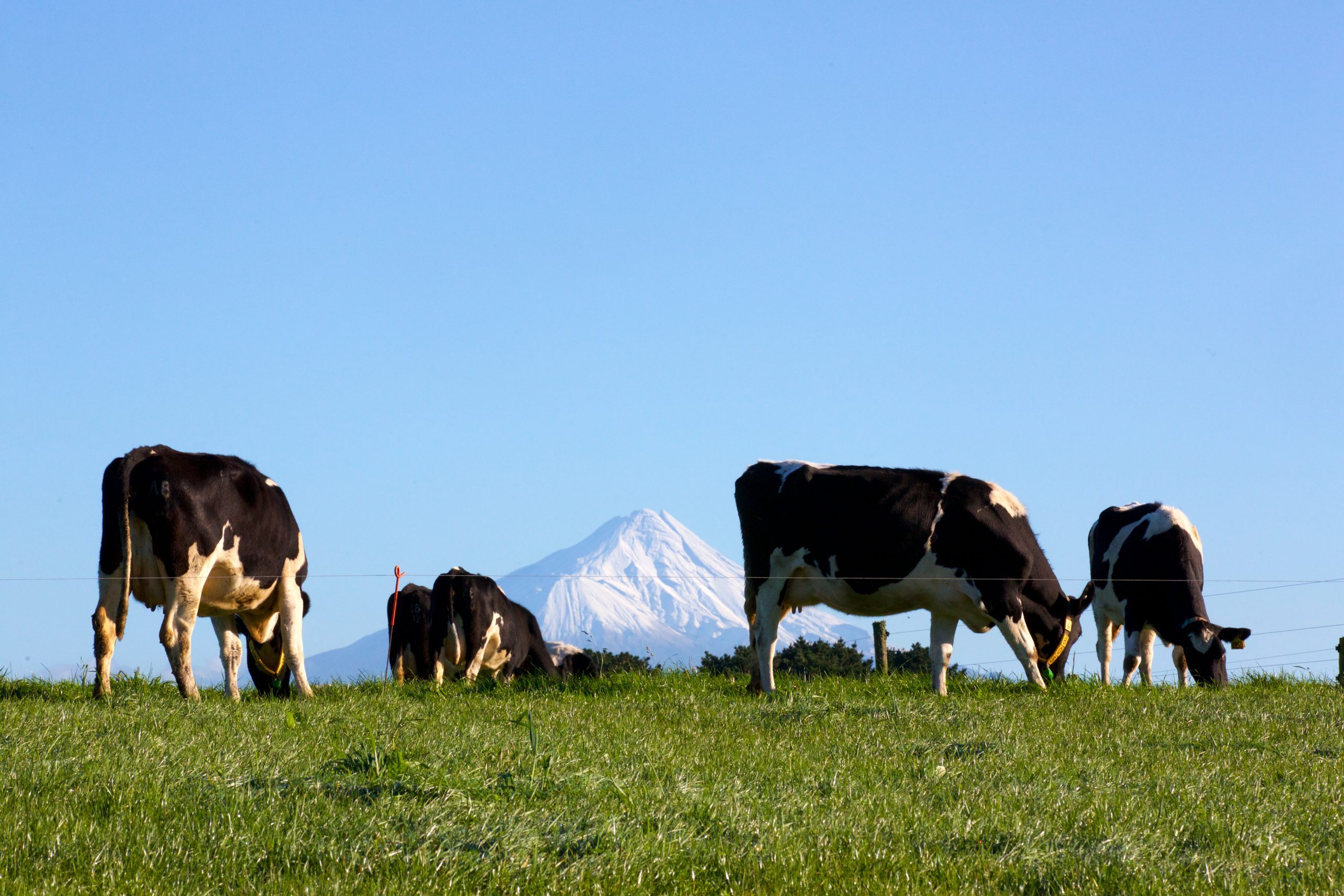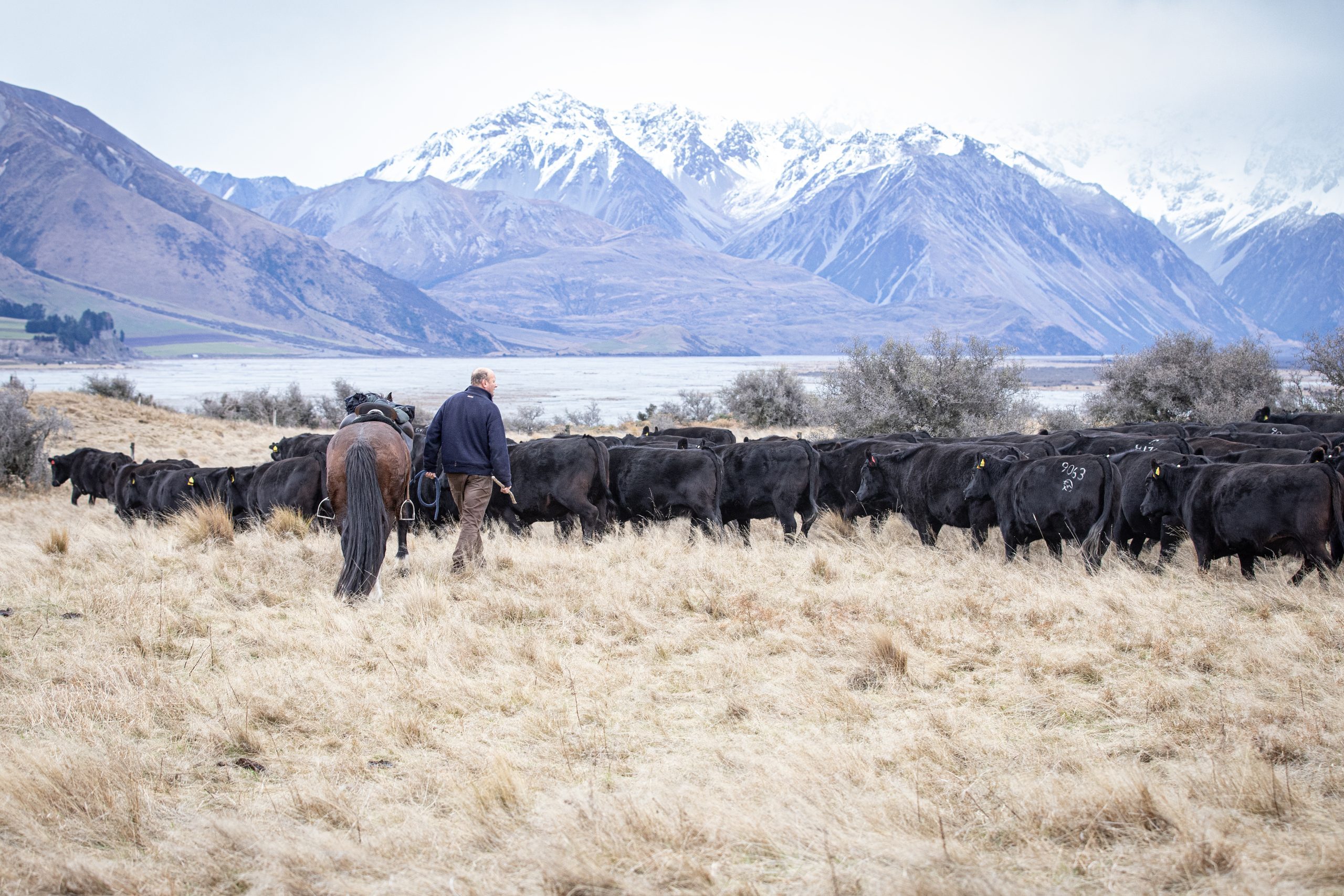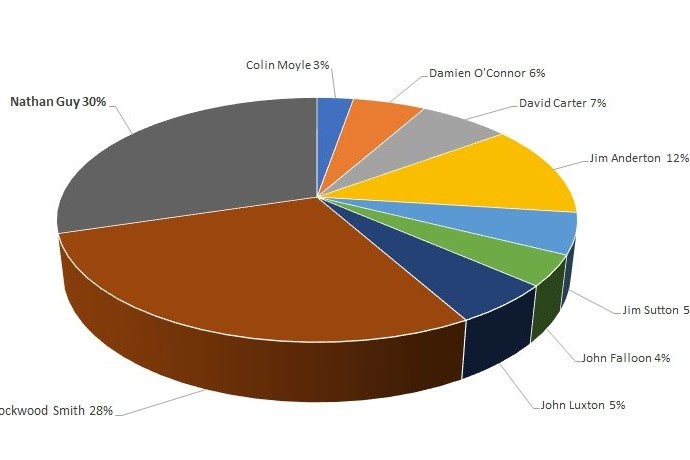Damn the torpedoes
The banning of export livestock shipments is another case of legislation based on emotion, not fact. The ban was more to do with a boat sinking in September last year than major breaches of animal welfare.

The banning of export livestock shipments is another case of legislation based on emotion, not fact. The ban was more to do with a boat sinking in September last year than major breaches of animal welfare.
The NZ Farmers Weekly reported that no Ministry for Primary Industries (MPI) officials travelled on any of the boats, talked to industry experts or visited Chinese farms during its review.
This is astounding as the trade has high standards and is reported to be worth $200 million, even up to $500 million, to New Zealand’s economy. It may also cost the country dearly as the ban is likely to offend the Chinese and affect relationships with a key trading partner.
These weren’t cattle heading to China to have their heads cut off but breeding stock so every care would have been taken to make sure they arrive in one piece.
MPI says last year nearly 94,000 cattle were shipped of which only 94 died, a mortality rate of 0.08%. That’s far lower than losses on farms which are 1-2% for beef and 2-5%, dairy.
Reliable sources say the Government decided to end exports straight after the Gulf Livestock was hit by a typhoon on September 2, well before the Government’s review took place.
It was sickening to see animal rights activists focus on animals and not the 43 lives lost.
If a plane went down with 100 people on board, would air travel be banned?
The ban follows on from other anti-farming legislation including that for freshwater and climate change. These are decisions made by the Government which doesn’t affect its voter base, but makes it look good.
Why did climate change replace global warming? The Paris Accord was based on global warming, not emissions (see p178).
Is it because the climate is always changing so it’s easier to tell that story?
Even if humans are a major cause of global warming our activities should be judged on the warming effect, not emissions. New Zealand farming is shouldering a large portion of the cost of NZ emissions reduction, but it shouldn’t be that way.
NZ sheep and beef methane emissions have dropped 30% since 1990 so farming has had a cooling effect. With the two million hectares of trees on farms, ag’s warming effect is more than covered. If farming was judged on the warming effect as, it should be, farmers would be getting a rebate.
Still, despite all the torpedoes the Government is firing, many farmers are pushing on, building efficient and profitable businesses especially with beef. Some have diversified their businesses enterprises like finishing bull beef or supplying bulls to the dairy industry. Others have stuck to traditional breeding and finishing but are becoming even more efficient and profitable as we report in this issue.





